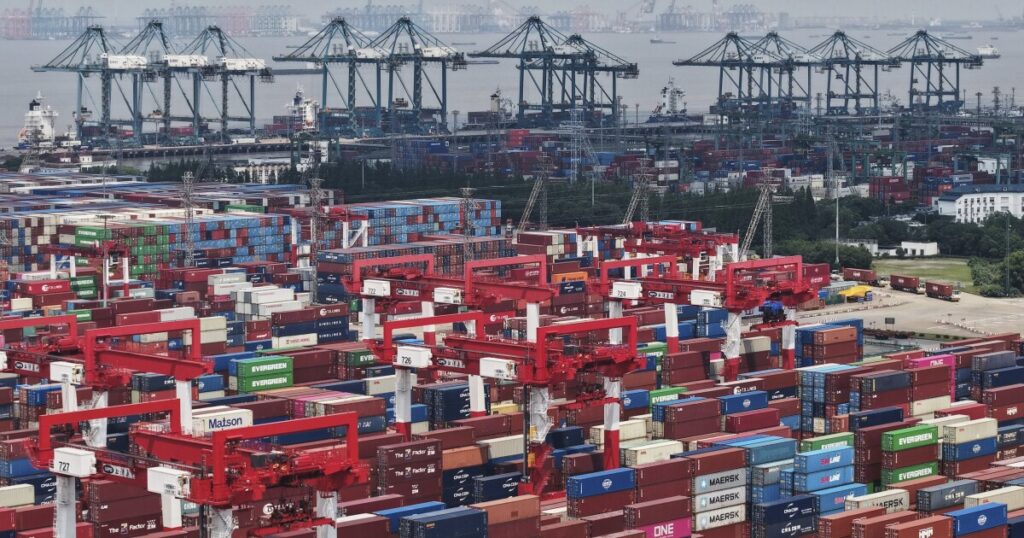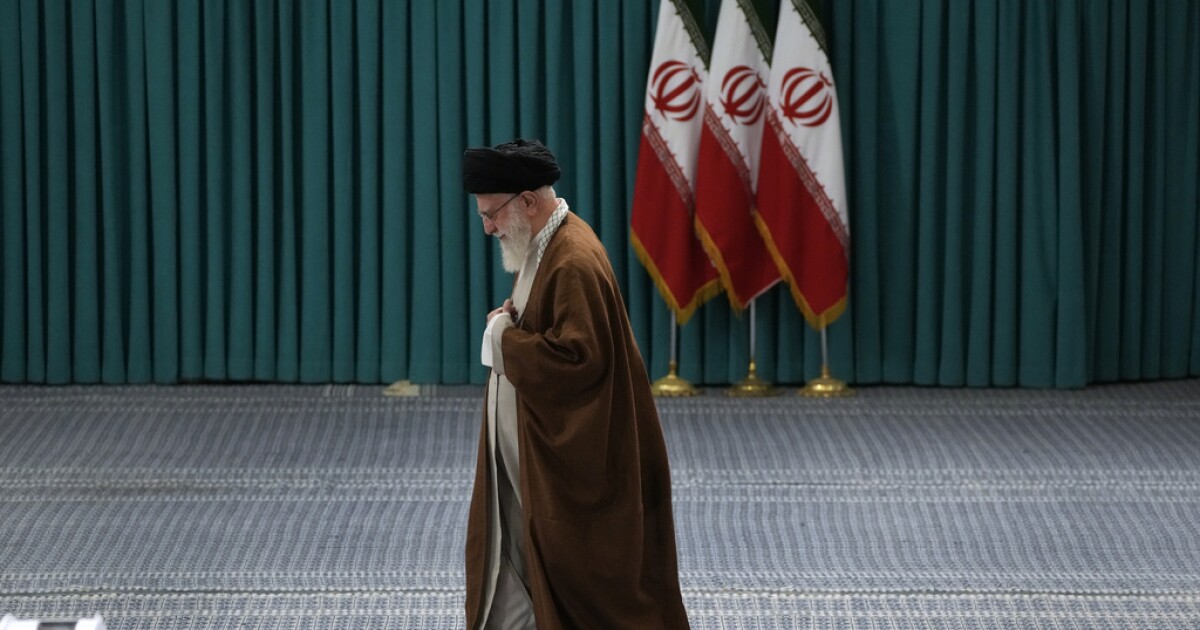U.S. Halts Trade Negotiations with Canada Amid Digital Services Tax Dispute
In a significant shift in international trade relations, the United States has ceased all trade discussions with Canada following Canada’s decision to implement a digital services tax targeting major U.S. technology companies. President Trump announced this development on social media, expressing strong disapproval of the tax.
“Based on this egregious Tax, we are hereby terminating ALL discussions on Trade with Canada, effective immediately,” Trump stated on Truth Social. He also indicated that a tariff rate for Canadian businesses trading with the U.S. would be announced within a week.
This decision to end trade talks follows a series of tariff-related announcements from the White House, including a new agreement framework with China and potential adjustments to a previously set tariff deadline of July 8.
The digital services tax, scheduled to take effect on June 30, is designed to levy taxes on multinational tech companies based on revenue generated through services provided to Canadian users. Similar taxes are already in place in several European nations. Despite U.S. opposition, Canada’s Finance Minister François-Philippe Champagne confirmed earlier this month that the country would proceed with the tax, as reported by CBC News. The Canadian Prime Minister’s office has yet to respond to Trump’s announcement.
Previously, at the G7 summit in Canada, President Trump and Canadian Prime Minister Mark Carney expressed a desire to finalize a tariff agreement within 30 days. This came after a tumultuous period of trade tension initiated by Trump’s proposal of a 25% tariff on Canadian goods on his first day in office, leading to ongoing retaliations and diplomatic strain.
In related developments, Trump hinted at the possibility of extending a self-imposed July 9 deadline concerning tariff levels for various countries. “We can do whatever we want. We can extend it, we can make it shorter. I’d like to make it shorter,” he mentioned regarding the deadline. This period initially saw tariffs as high as 40%, later reduced to 10% following a 90-day “pause.”
In parallel, a trade agreement with China was announced, outlining a framework rather than a finalized deal, as clarified by U.S. officials. Commerce Secretary Howard Lutnick revealed on Bloomberg TV that China agreed to supply rare earth minerals to the U.S., which would lead to the easing of U.S. countermeasures.
The potential impact of tariffs on Chinese goods has been a point of concern, with rates previously peaking at 145%. A temporary agreement reached last month in Geneva set U.S. tariffs on Chinese goods at 30%, with an August 12 deadline for a more permanent solution. The high tariffs have contributed to market instability, affecting both American consumers, who face higher prices on various products, and farmers, who risk losing Chinese buyers for their exports.
—
Read More Michigan News










